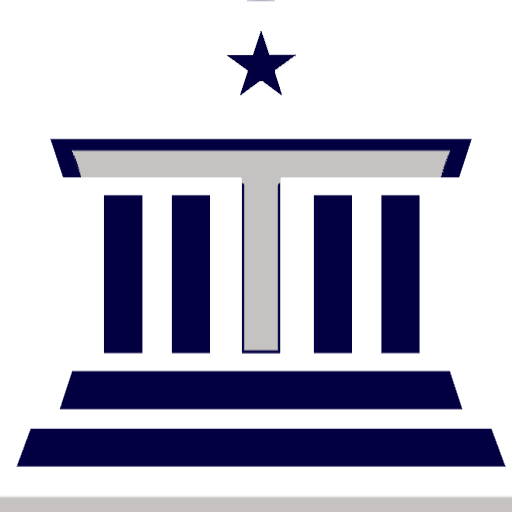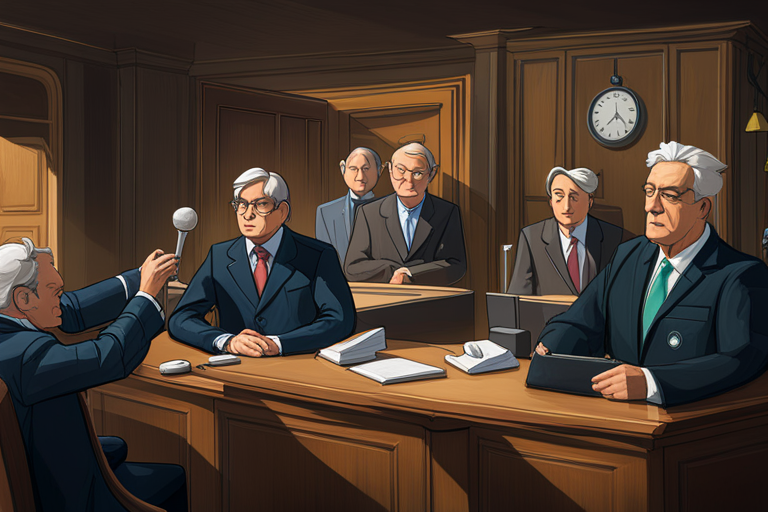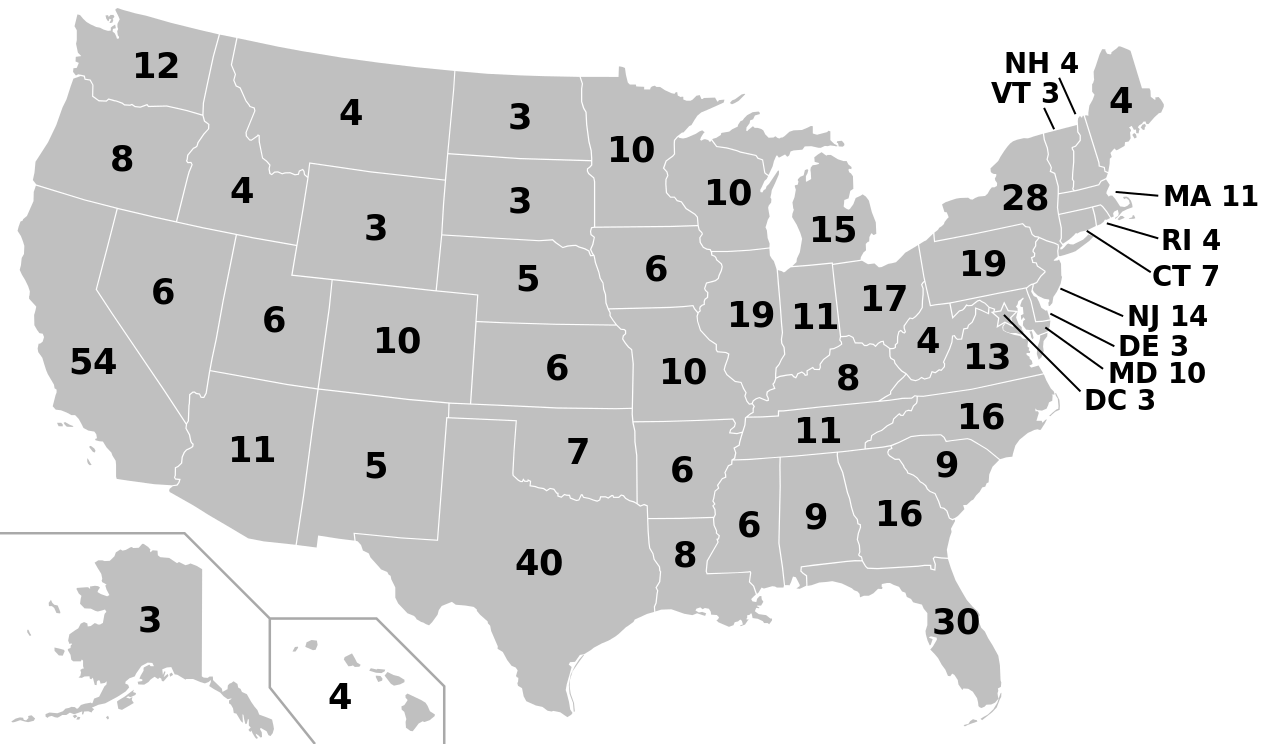Federal regulators and Microsoft find themselves in a legal dispute over the fate of a $69 billion deal that has the potential to reshape the video gaming industry. The regulators have launched a legal attack on Microsoft’s proposed takeover of Activision Blizzard, portraying it as an anticompetitive weapon. In contrast, Microsoft sees the deal as an opportunity to make popular games, like Call of Duty, more accessible and affordable.
The courtroom battle began with lawyers presenting their arguments before U.S. District Judge Jacqueline Scott Corley in San Francisco. These hearings, scheduled over five days, hold significant weight as they could determine the outcome of what would be the largest acquisition in technology history.
The U.S. Federal Trade Commission (FTC) aims to convince Judge Corley to issue an order preventing the consummation of the takeover until a comprehensive administrative trial commences on August 2 in Washington. Meanwhile, Microsoft is striving to close the deal before the July 18 deadline, which would otherwise incur a $3 billion breakup fee payable to Activision.
Potential Impact on Video Gaming and Competition
Microsoft entered into the deal 17 months ago with the goal of expanding its video game presence beyond the Xbox console. With Sony and its PlayStation device dominating the market share, Microsoft sought to compete by acquiring Activision Blizzard. However, the FTC vigorously opposes the deal, fearing that it would enable Microsoft to make popular franchises exclusive to the Xbox and its online subscription services. This concern stems from the fact that the global video game market, valued at $210 billion, has already surpassed the combined worth of the movie and music industries.
FTC lawyer James Weingarten argues that Microsoft could employ various strategies to withhold popular games from competing platforms, manipulate subscription prices, compromise game quality on rival consoles, and raise prices for fiercely loyal audiences. Weingarten emphasizes the significance of differentiated content in driving console sales and acquiring more subscribers.
In response, Microsoft lawyer Beth Wilkinson dismisses the FTC’s argument as “naive.” Wilkinson highlights the pressure Microsoft’s gaming division faces to deliver profitable margins, justifying the substantial price paid for Activision. She also points to Microsoft’s commitments to make Call of Duty available on Nintendo’s Switch console and a Nvidia gaming subscription service, arguing that the deal benefits consumers.
Legal Proceedings, Testimonies, and Ruling Expectations
Microsoft also attempts to present evidence suggesting that Sony is attempting to sabotage the deal to maintain its dominant position in the console market. Wilkinson presents an email from Sony executive Jim Ryan, expressing confidence that Call of Duty would remain available on PlayStation. However, as the proceedings unfold, Wilkinson accuses Sony of being the FTC’s main complainer regarding the Activision deal









Leave a Reply